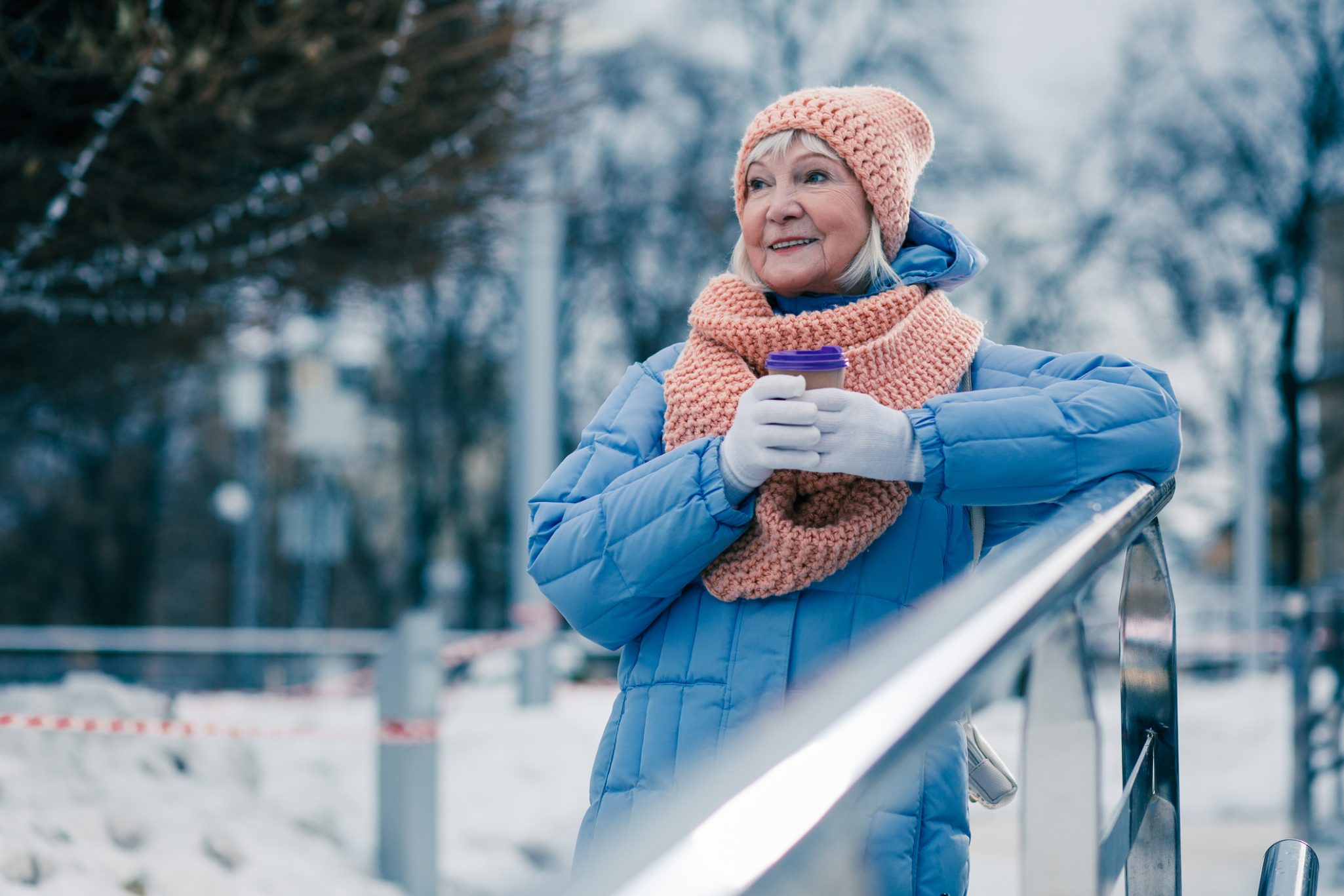
Cold & Flu Season Tips for Seniors
As the weather gets colder and we spend more time indoors, cold and flu cases have a tendency to rise. Don’t let a respiratory infection catch you off guard. Looking for ways to stay healthy during cold and flu season? Stay healthy with these tips for older adults:
Get Your Flu Vaccine
Protecting yourself during cold and flu season starts with getting your annual flu shot. As we age, our immune systems naturally weaken, making it harder to fend off infections. Vaccines help strengthen your defenses by teaching your body in advance how to respond effectively to viruses. A flu shot can reduce your risk of catching the flu, as well as minimize symptoms if you do get sick.
Be sure to ask your doctor about other key vaccines, including those for tetanus, shingles, COVID-19, and pneumonia. Vaccines like the flu and COVID-19 shots are updated regularly to target the latest virus strains, so staying current each year is essential. Consult your healthcare provider to ensure you’re up-to-date and fully protected.
Know the Symptoms
During the winter months, staying alert to cold and flu symptoms—both in yourself and your loved ones—is essential. Catching a cold early allows you to take steps to support your immune system and limit the virus’s spread. Common symptoms to watch for include:
- Runny nose, congestion, and cough
- Fatigue or headaches
- Sore or scratchy throat
- Muscle pain, body aches, and shivers
Because the symptoms of a head cold, flu, pneumonia, and even COVID-19 often overlap, it’s crucial to monitor how you’re feeling. If you experience a high fever or symptoms that persist or worsen after a week, consult your doctor or visit an urgent care center. Older adults may have a higher risk of complications due to weaker immune systems or pre-existing health conditions. Paying close attention to your symptoms is a key part of staying healthy and safe throughout the cold and flu season.
Wash Your Hands!
Though it may seem overly simple, keeping your hands clean with either soap and water or hand sanitizer is a simple but effective way to protect yourself and your loved ones during cold and flu season. Coughing into your arm and keeping tissues handy are additional smart habits to help prevent the spread of germs.
In colder temperatures, viruses can survive longer, making it easier for them to spread. Germs are often transferred by touching your face, so it’s essential to clean your hands throughout the day and especially before eating, after spending time outside, and after coughing, sneezing, or blowing your nose.
Feed Your Immune System
The saying “You are what you eat” rings especially true when it comes to supporting your immune system. Maintaining a healthy diet rich in essential nutrients is a powerful way to strengthen your body’s defenses and promote overall well-being during cold and flu season.
While vitamin supplements can be helpful, always consult your doctor before adding them to your routine. However, you can also naturally boost your immune system by including these vitamin-packed foods in your diet:
- Vitamin B: Found in dairy products, eggs, grains, and meat
- Vitamin E: Found in nuts, seeds, and avocados
- Vitamin C: Abundant in citrus fruits, bell peppers, and broccoli
- Vitamin D: Available in salmon, canned tuna, and egg yolks—and don’t forget to spend some time outside in the sun!
Keep Your Body Hydrated
Staying hydrated is vital for maintaining overall health, especially in the colder months. Water helps deliver essential nutrients and vitamins to your cells, flush out toxins, and keep your joints and organs functioning properly.
To stay hydrated, drink plenty of fluids throughout the day and include water-rich foods like cucumbers, celery, and soups in your meals. A hearty stew or warm broth can be a delicious and comforting addition to chilly winter evenings.
Stay Active & Get Enough Rest
Regular physical activity is a powerful ally for your immune system. Exercise promotes healthy blood circulation, reduces inflammation, and helps strengthen your body’s defenses against illness. It also improves mobility and keeps you feeling energized.
Equally important is getting enough rest. Sleep is essential for repairing the body, maintaining cognitive function, and ensuring your immune system operates at its peak. Aim for at least 8 hours of sleep each night to give your body the time it needs to recover and recharge.
Know the Risks of Smoking
Smoking poses serious risks to your respiratory health and immune system. Chemicals in cigarettes can damage lung tissue, leaving you more vulnerable to infections and increasing the likelihood of respiratory illnesses like the flu, bronchitis, and pneumonia.
Stay Healthy This Winter With Broadview
Retirement communities like Broadview at Purchase College are designed to help you stay healthy and comfortable throughout the winter months and all-year-round. Enjoy onsite health services at our High Point Center for Care (opening early 2025), regularly cleaned and sanitized common areas, and plenty of time to relax and recharge.
Discover how our welcoming retirement community in Westchester County can support your lifestyle and wellness goals. Contact us today to learn more!


